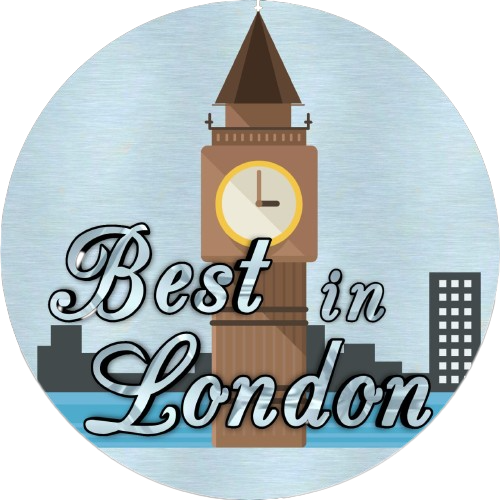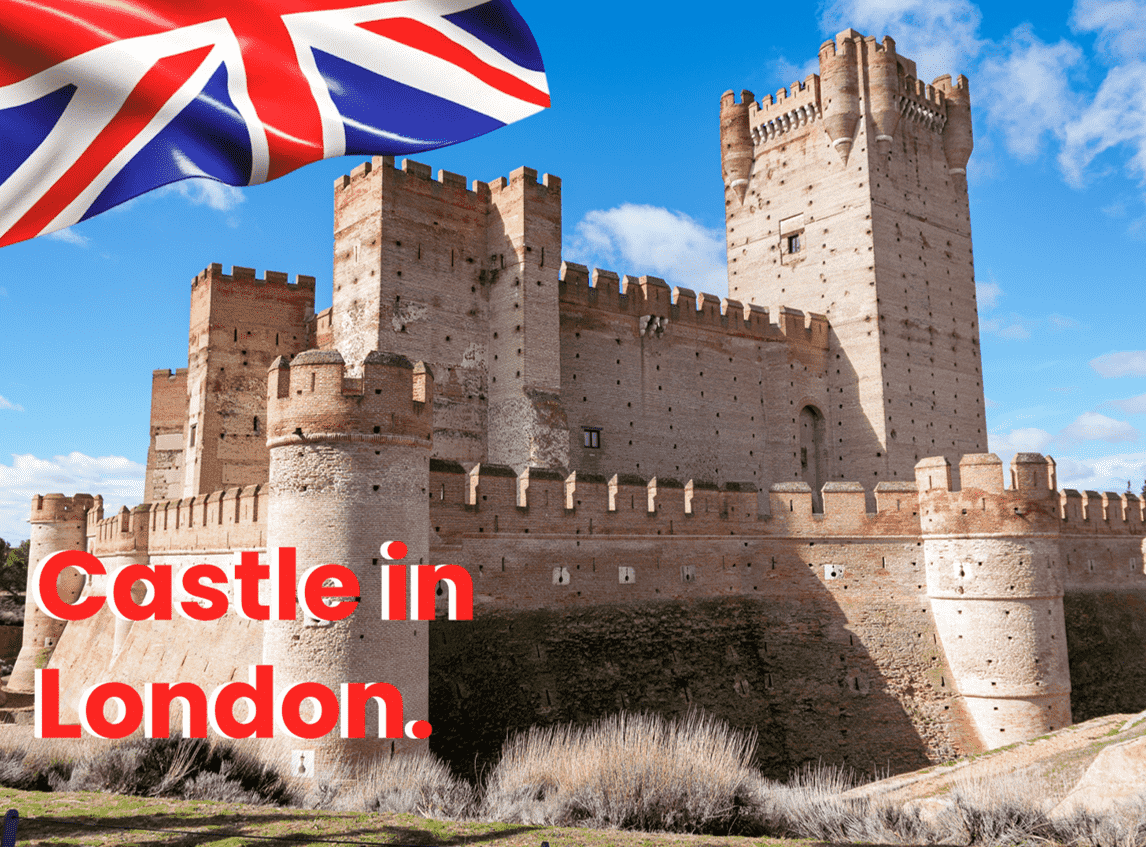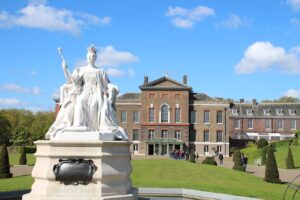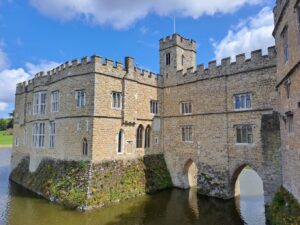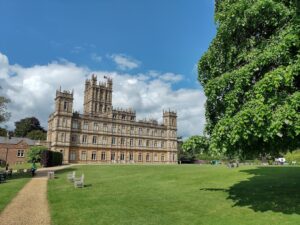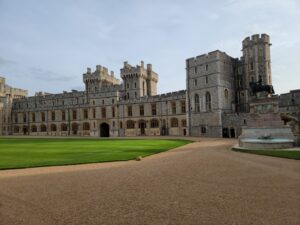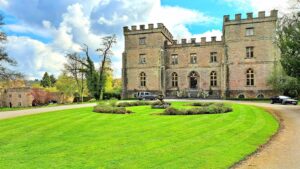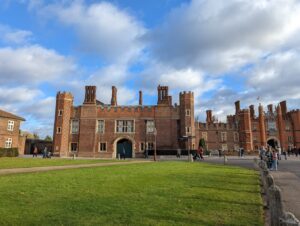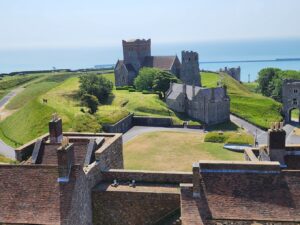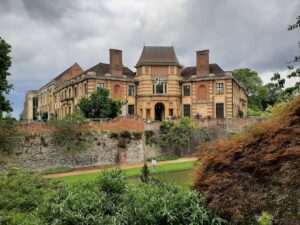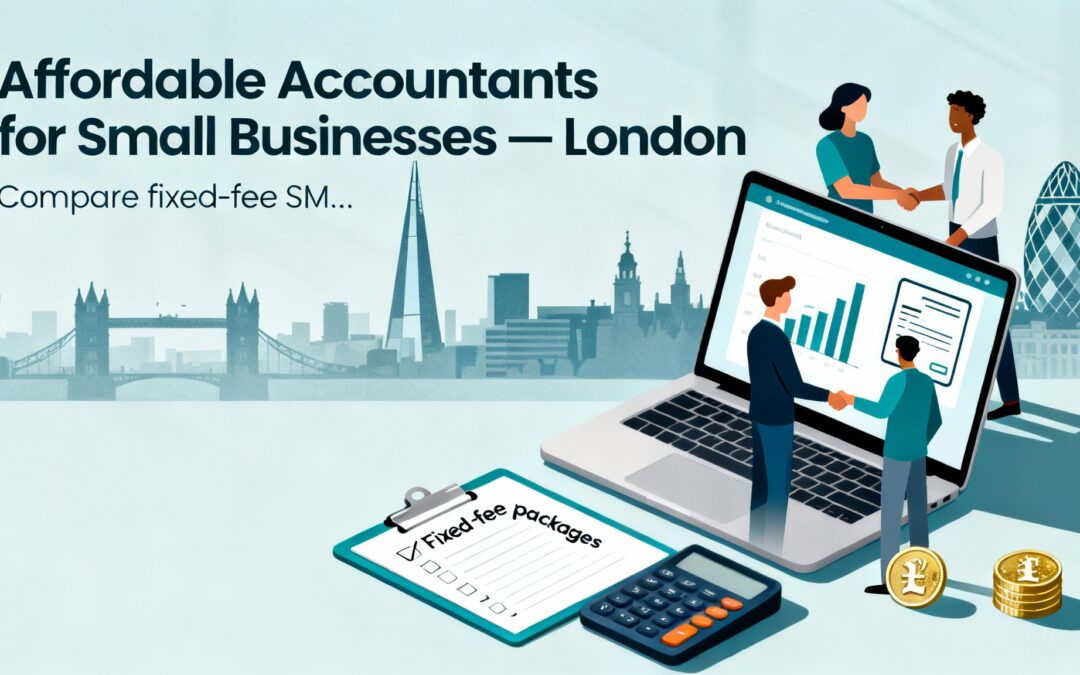
Affordable 13 accountants for small business in London | Best practical guide
Affordable accountants for small business in London
If you’re searching for affordable accountants for small business in London you want clear pricing, SME experience and a provider who understands UK small‑business tax and cashflow needs. Compare several specialist and national firms to find the right price/service mix.

Why affordable accountants matter for London SMEs
- Predictable costs: fixed‑fee bookkeeping and tax packages keep monthly budgeting simple.
- Time savings: an experienced accountant reduces admin so you can focus on growth.
- Compliance peace of mind: correct VAT, payroll and company filings avoid fines and penalties.
- Strategic value: affordable doesn’t mean basic — many SME accountants also deliver cashflow forecasting and tax planning that pay for themselves.
Typical price ranges (ballpark)
- Basic monthly bookkeeping + VAT: £50–£250/month depending on transaction volume.
- Payroll (per employee): £5–£15/month per payslip (plus monthly management fee).
- Full bookkeeping + payroll + quarterly VAT + quarterly advisory: £200–£600/month for many micro/SMe setups.
Prices vary widely in London — always get at least 3 written quotes and confirm what’s excluded.
T0p 13 Afforable Accountants for Small Business in London
- Abedin Accountants
- TaxAssist Accountants
- Crunch (online accountants for freelancers & small businesses)
- Azets (SME accounting services and fixed-fee plans)
- Blick Rothenberg (London presence; check SME options)
- Kreston Reeves (regional firm with SME packages)
- Kingston Smith (London-based firm serving small businesses)
- RSM UK (mid-tier firm — ask for small‑business packages)
- Mazars (global firm with local SME teams)
- BDO UK (national, with local SME advisers)
- MHA (formerly Haysmacintyre / MHA MacIntyre Hudson network firms)
- Moore (Moore UK / local Moore member firms)
- Local independent/accountant‑for‑SMEs (search “small business accountant London” + borough)
Note: the above list mixes specialist online providers, franchise networks and established firms. For the target “affordable accountants for small business London” focus your shortlist on firms that advertise fixed‑fee small‑business packages or online bookkeeping subscriptions.
How to evaluate quotes — quick checklist
- What’s included in the monthly fee? (bookkeeping, VAT returns, payroll, year‑end accounts, tax returns)
- Are there setup or onboarding fees?
- Is the pricing fixed or hourly? Ask for a sample fixed‑fee plan.
- Which software do they use (Xero, QuickBooks, FreeAgent)? Is software cost included?
- Turnaround times for routine tasks and for urgent queries.
- Experience with businesses like yours (sector, turnover bracket).
- Communication channel: dedicated accountant, phone, email, or client portal?
- Reviews & references — check recent Google/Trustpilot testimonials.
- Contract length / exit terms — avoid long lock‑ins without a trial period.
Onboarding questions to ask before you sign
- Who will be my day‑to‑day contact?
- How will you handle HMRC correspondence and penalties if they occur?
- Do you provide management reports and cashflow forecasts?
- Can you integrate with my bank and e‑commerce / payments platforms?
- How do you secure my data (encryption, client portal)?
Top 10 Dental Clinics in London
Healthcare Digital Marketing in London
Digital Marketing for Dentists
Digital Marketing for Orthodontics
B2 English Course in East London
Negotiation & cost-saving tips
- Bundle services into a single fixed‑fee package to reduce hourly surprises.
- Switch to cloud accounting (Xero/QuickBooks/FreeAgent) to lower bookkeeping time/costs.
- Offer to supply clean bank statements/exported data to cut data-entry time.
- Start with a quarterly plan, then move to monthly if cashflow needs increase.
- Ask for a 1–3 month trial or a fixed onboarding fee that includes a clean-up estimate.
FAQ — for affordable accountants for small business in London
Q: Are online accountants cheaper than local high‑street firms?
A: Often yes for routine bookkeeping/tax, because they use cloud automation — but for complex advisory you may still prefer a local accountant.
Q: Can I change accountants mid‑year?
A: Yes — ask about data export, access to historical files, and any handover fees.
Q: What’s the fastest way to lower accounting fees?
A: Clean up bookkeeping before onboarding, move to cloud accounting, and consolidate services into a single monthly package.
